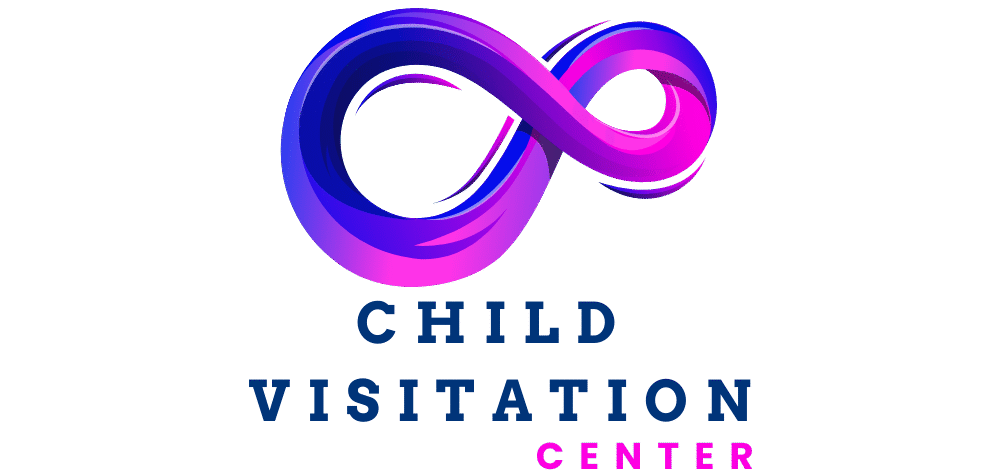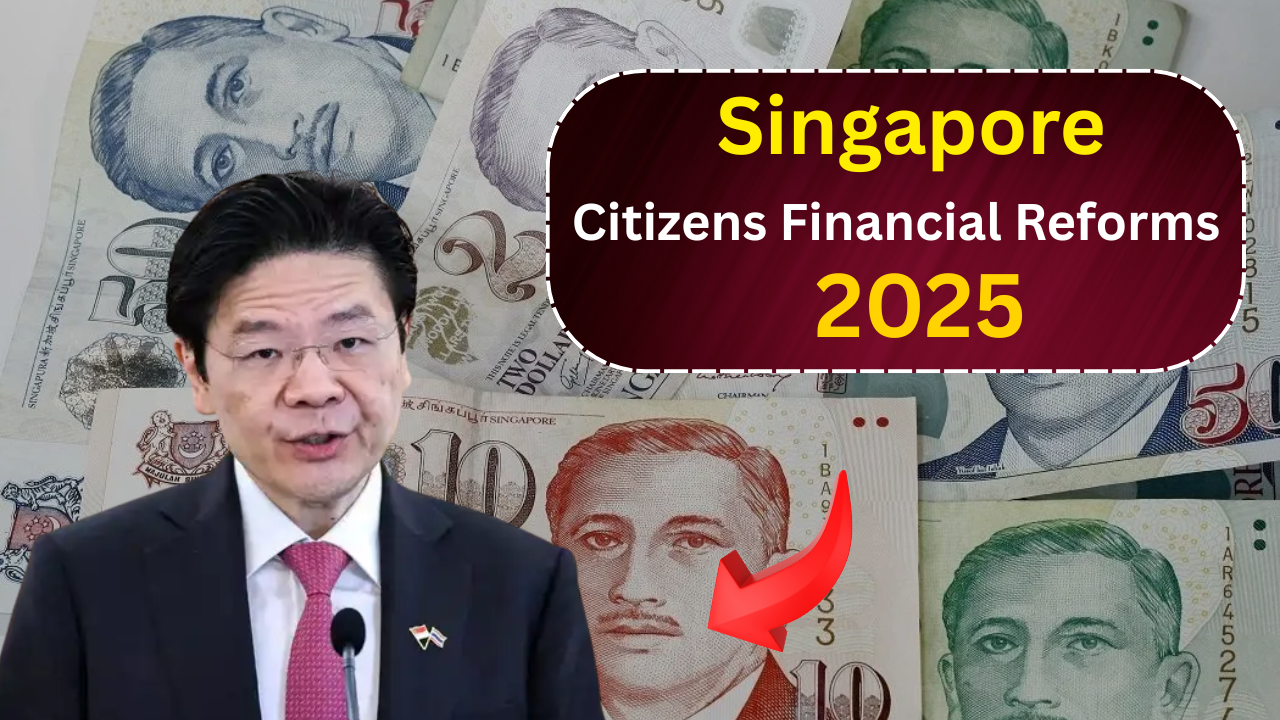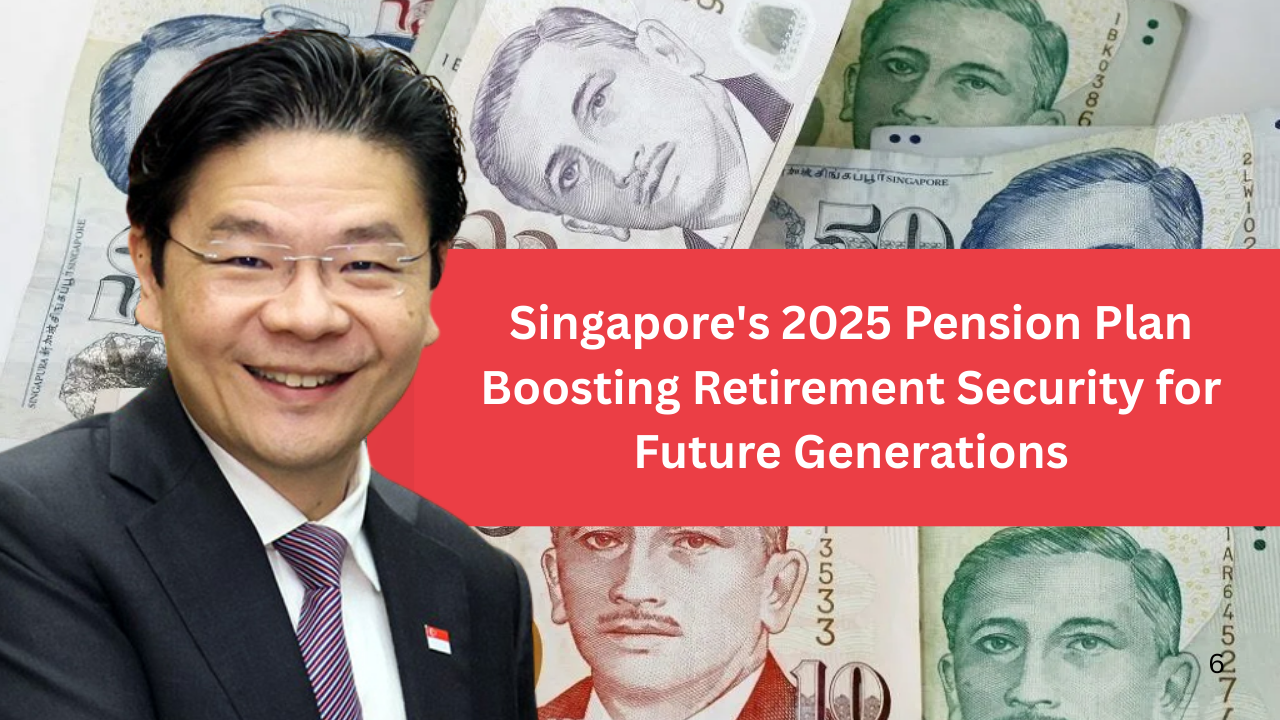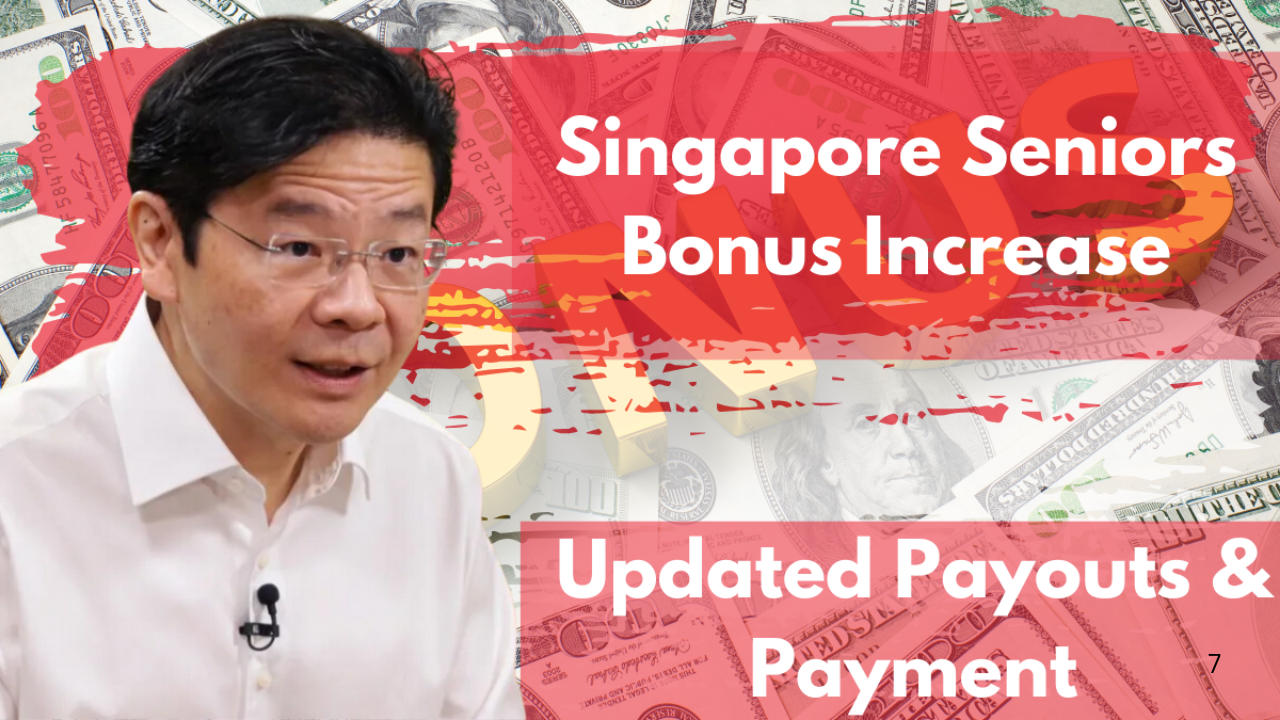In an era defined by economic disruption, rising living costs, and a rapidly aging population, the Singapore government has launched a comprehensive 2025 Financial Support Strategy, unveiled in Budget 2025. The plan, announced under the leadership of Prime Minister Lawrence Wong, seeks to future-proof the nation by addressing both immediate economic concerns and long-term demographic shifts.
Spanning direct aid, senior care, housing, family support, and workforce resilience, the Budget signals a firm commitment to maintaining Singapore’s social compact in a changing global landscape.
Direct Financial Support: Broad-Based Relief Amid Inflation
With cost of living a top concern for many Singaporeans, the government is rolling out direct cash transfers and subsidies aimed at households across income levels.
- Assurance Package (AP): Singaporeans will receive up to S$700 in cash payouts under the expanded Assurance Package. Originally introduced to cushion the impact of the Goods and Services Tax (GST) hike, the AP has been renewed and enhanced to continue supporting everyday expenses.
- CDC Vouchers: Every household will be granted S$800 in Community Development Council (CDC) vouchers in 2025. These can be spent at local hawkers, wet markets, and participating supermarkets, ensuring help reaches both families and small businesses.
- Utility Rebates: Under the GST Voucher – U-Save scheme, eligible HDB households will receive quarterly rebates to offset utilities, helping lower-income groups cope with higher energy costs.
Strengthening Retirement and Healthcare Security for Seniors
Singapore’s demographic curve is steepening: by 2030, one in four citizens will be aged 65 or above. Budget 2025 introduces expanded initiatives to ensure financial security and accessible healthcare for older adults.
- Majulah Package: Targeted at citizens aged 50 and above with less than the Basic Retirement Sum (BRS) in their CPF accounts, this bonus aims to supplement retirement savings with a direct top-up, empowering older workers to retire with dignity. www.moh.gov.sg
- Silver Support Scheme Enhancements: First introduced in 2016, the scheme provides quarterly payouts to seniors with low lifetime incomes. In 2025, payout amounts will be raised to reflect inflation and rising living standards.
- Flexi-MediSave: Older Singaporeans (60+) will be able to withdraw up to S$300 per year from their MediSave accounts to pay for outpatient services, such as chronic disease management and health screenings.
- Matched MediSave Scheme (MMSS): From 2026, the government will match voluntary MediSave contributions dollar-for-dollar, up to S$1,000 annually for lower-income seniors — a powerful incentive to save for medical needs.
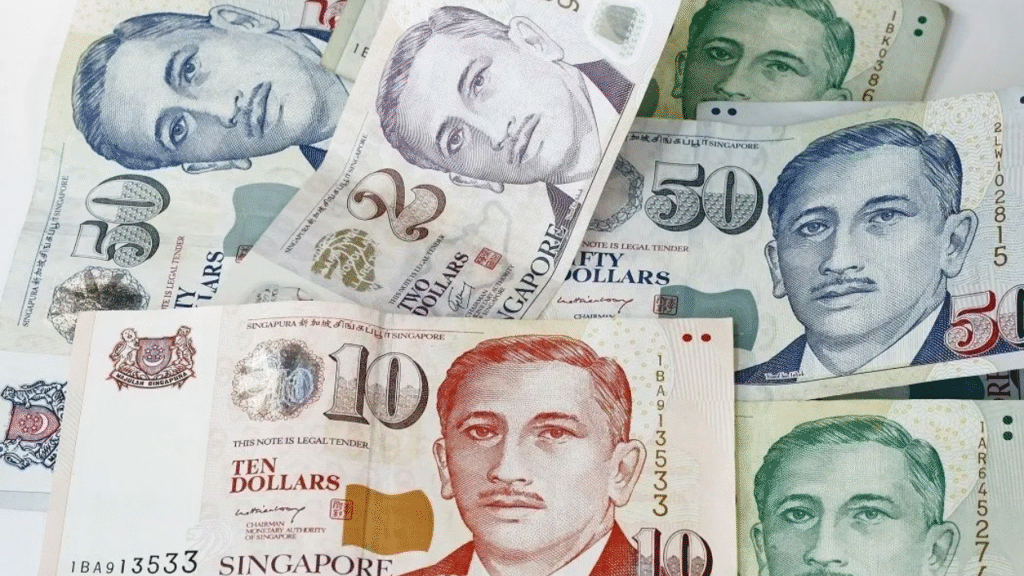
Housing and Family: Easing the Burden of Young Families
Budget 2025 also puts families and first-time homebuyers at the center of national planning.
- Public Housing Expansion: Over 50,000 new Build-to-Order (BTO) flats will be launched over the next three years. The move is designed to tackle housing demand while preventing runaway resale prices.
- Early Childhood and Family Benefits: The government is introducing:
- Higher preschool subsidies
- Increased baby bonus payouts
- Extended paternity and parental leave
Future-Ready Workforce: Skills and Wage Growth
Singapore’s economy continues its shift toward advanced sectors like digital technology, green energy, and healthcare. To ensure inclusive growth, Budget 2025 focuses on:
- Progressive Wage Credit Scheme (PWCS): The government will co-fund up to 50% of wage increases for lower-wage workers, incentivizing employers to raise wages sustainably.
- SkillsFuture Investments: More funding is being allocated to mid-career training, digital transformation programs, and leadership development for PMETs. This ensures workers can remain competitive in the face of automation and global restructuring.
SkillsFuture Portal
Political Backdrop: First Budget Under PM Lawrence Wong
Budget 2025 was the first national budget presented under Prime Minister Lawrence Wong, who succeeded Lee Hsien Loong earlier this year. It also preceded the May 3 General Election, in which the ruling People’s Action Party (PAP) reaffirmed its majority.
While PAP emphasized continuity and economic stewardship, opposition parties like the Workers’ Party and Progress Singapore Party advocated for more universal welfare, affordable housing reforms, and redundancy insurance highlighting increasing policy competition in Singapore’s maturing democracy.
Conclusion
Singapore’s 2025 Financial Support Strategy reflects a government acutely aware of its social obligations. From cash relief and senior welfare to housing and skills investment, the budget delivers broad-based assistance while planting seeds for long-term sustainability.
Whether these initiatives will significantly narrow inequality or address declining birth rates remains to be seen. But for now, Singapore’s approach underscores a clear intent: to empower every citizen for a future that is more secure, inclusive, and prepared for global change.
